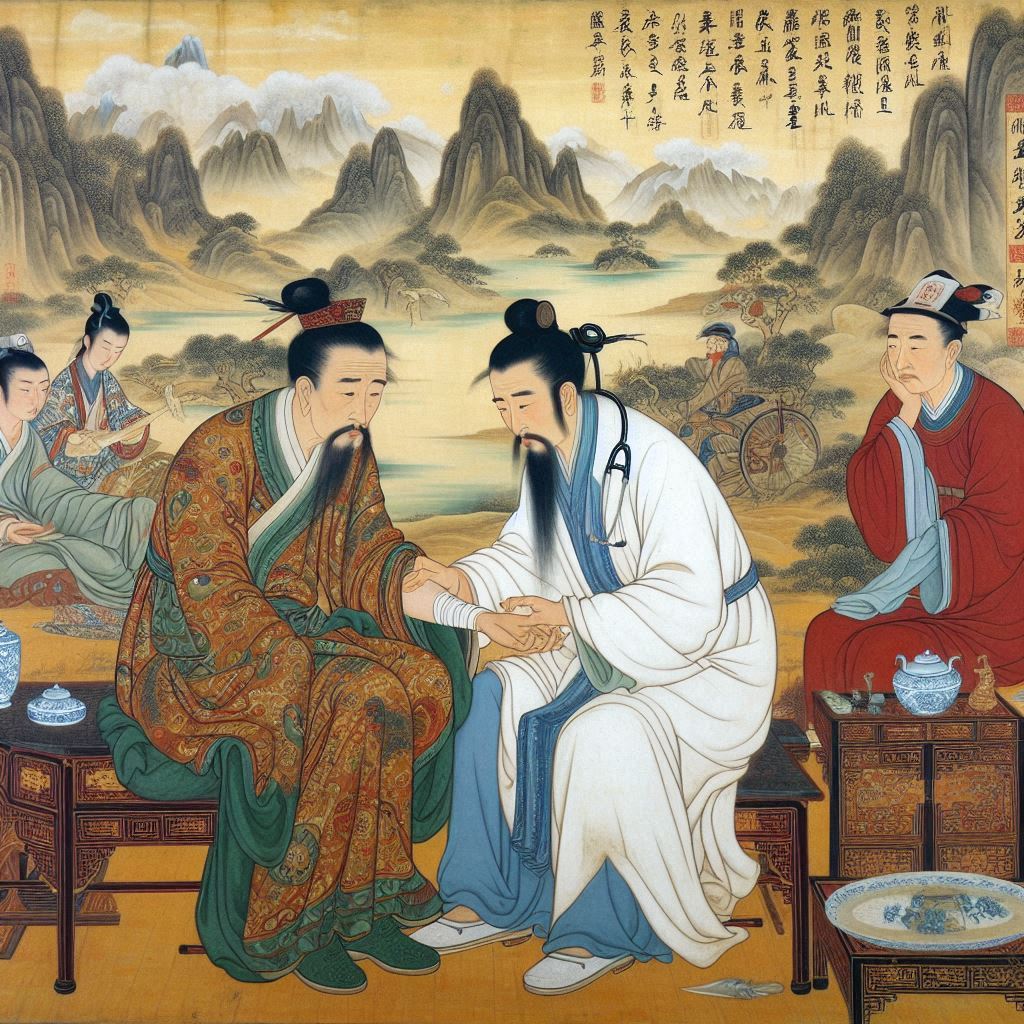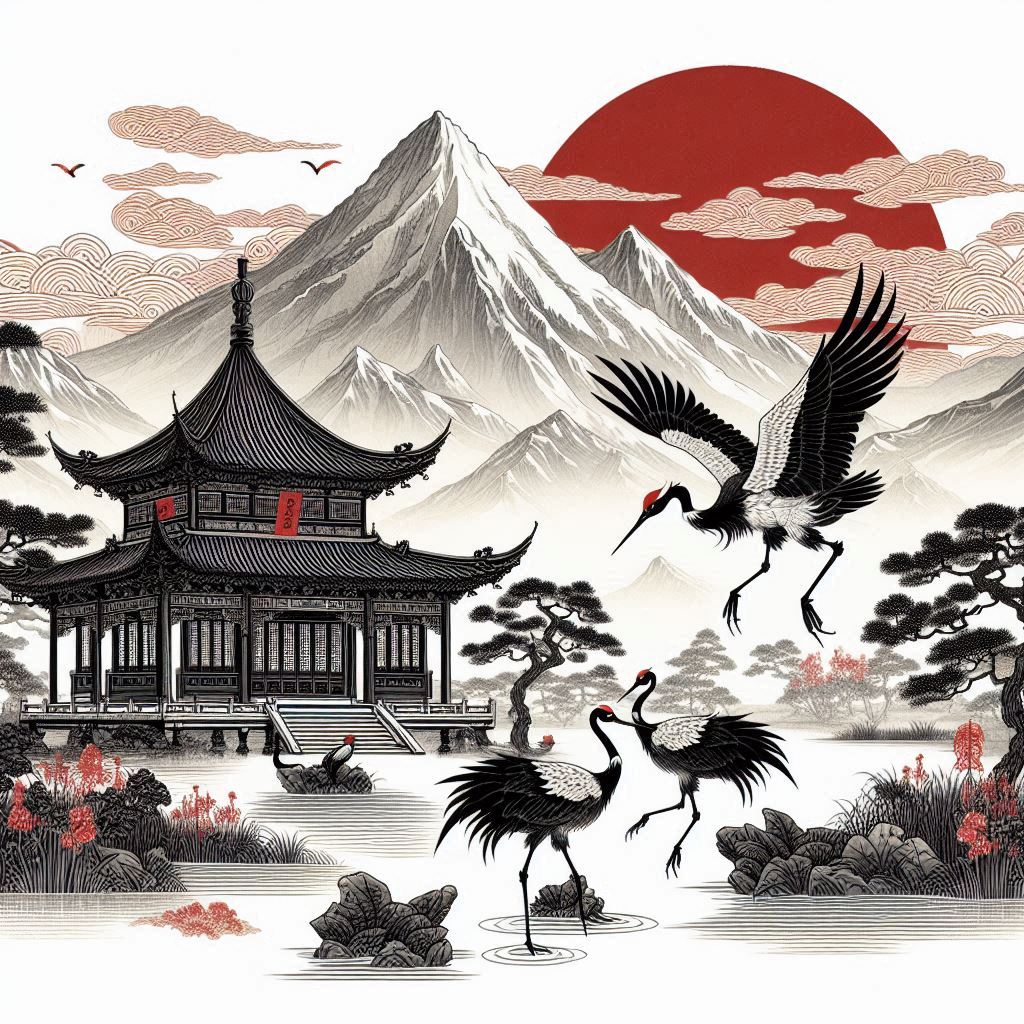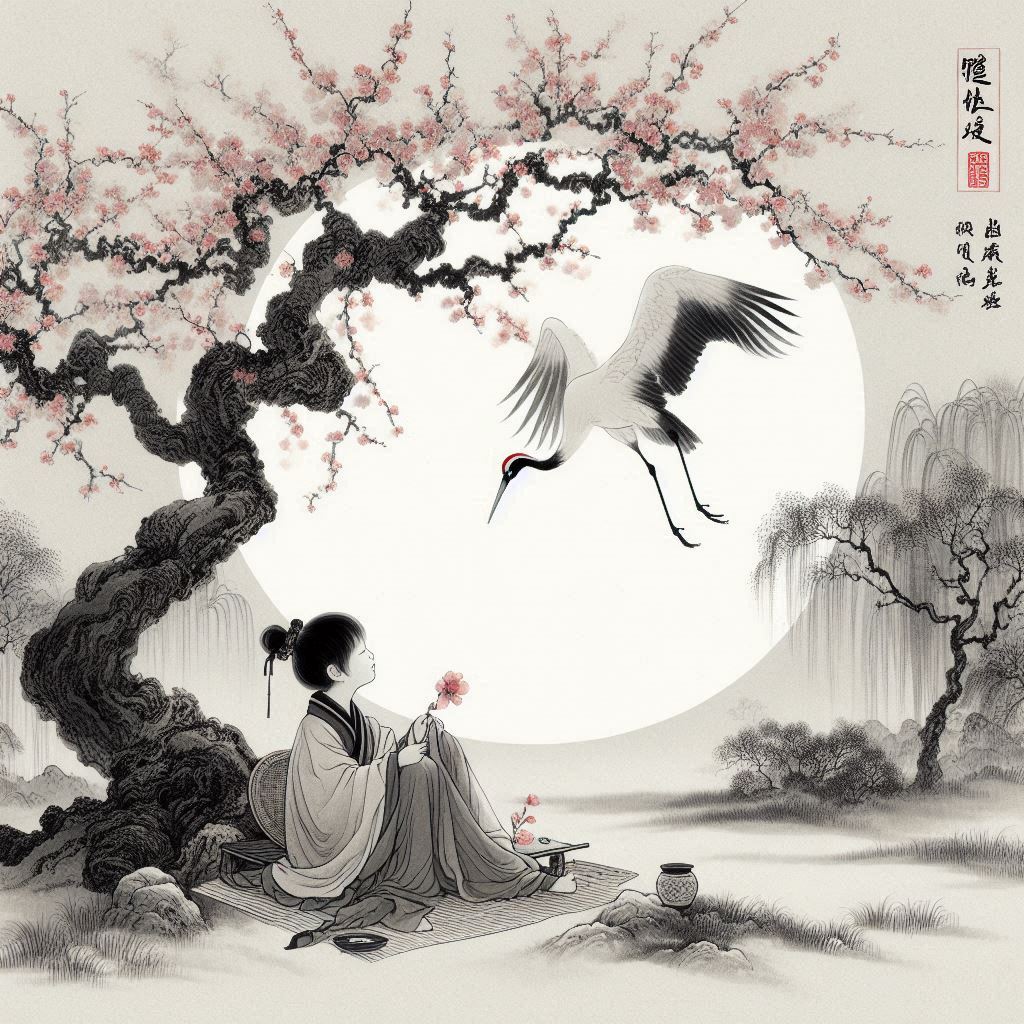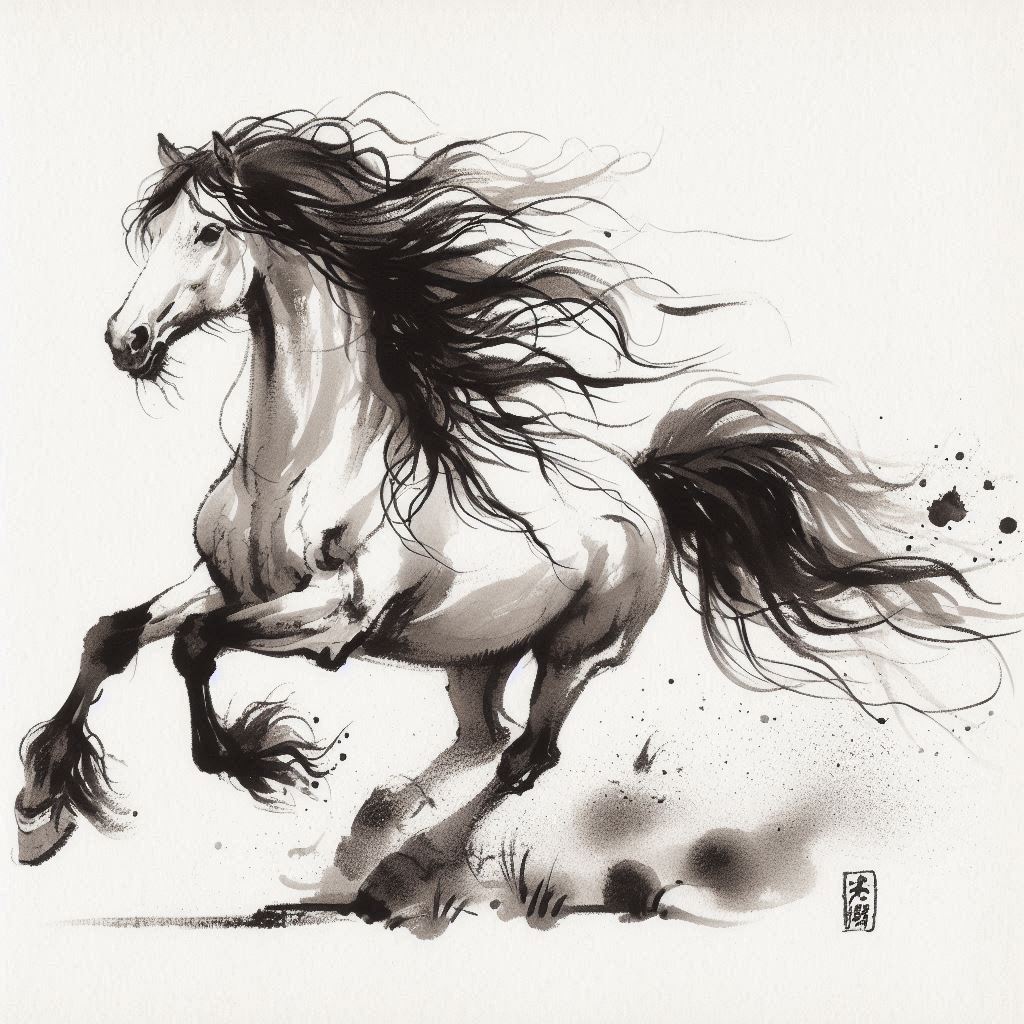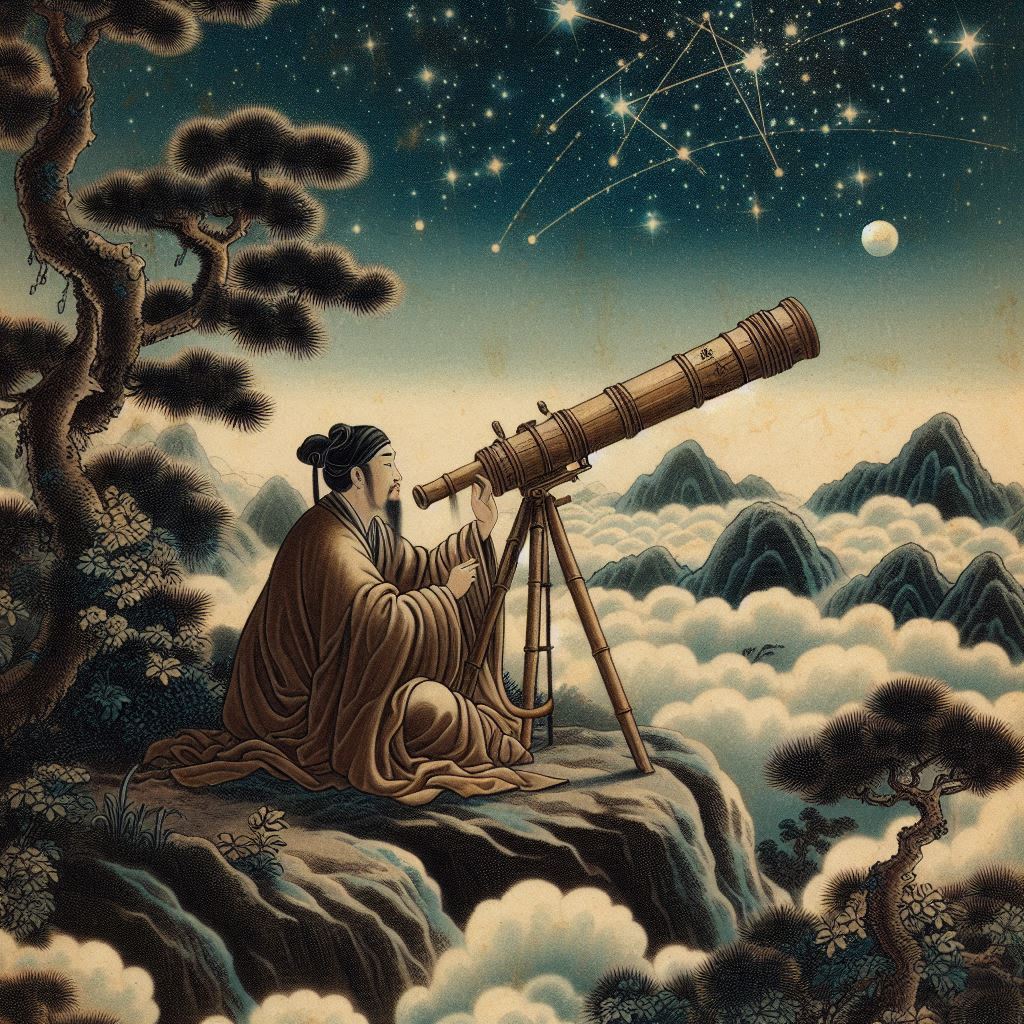In traditional Chinese medicine Qi manifests in different forms and executes different functions: it transforms and transports food and fluids; it holds blood, blood vessels, and body fluids; it keeps the body organs in their place; it warms the body; and it protects the body from pathogenic factors.
Each organ directs the movement of Qi in certain way. The Lung being the uppermost organ in the torso directs the Qi downward to the rest of the organs. The Kidney on the other hand being the lowest organ directs the Qi upward. The Liver sends the Qi in all directions. The Spleen ascends Qi, the Stomach descends Qi.
Good health manifests when the direction of Qi movement is undisturbed and the Qi movement is continuous. If the Qi fails to move or the direction of Qi movement is disturbed the Qi becomes pathological and the health - unbalanced.
There are four different Qi disharmonies: 1) Rebellious Qi - when Qi flows in the wrong direction. For example when the Qi of the Stomach becomes rebellious it will cause nausea and vomiting, while rebellious Lung Qi will cause cough. 2) Sinking Qi - when Qi cannot perform its holding function leading to organ prolapse. 3) Stagnant Qi - when Qi ceases to move and stagnates. A common cause for Qi stagnation is stress. And 4) Qi deficiency – when Qi is depleted.
YS
Zhang, Enqin (1990). Basic Theory of Traditional Chinese Medicine. Shanghai: Publishing House of Shanghai College of Traditional Chinese Medicine
Maciocia, Giovanni (1989). The Foundations of Chinese Medicine. Edinburgh: Harcourt Publishers Limited
Yang Weiyi, Meng Fanyi, Jiang Yuanan(2002). Diagnostics of Traditional Chinese Medicine. Beijing: Beijing University of Chinese Medicine and Pharmacology
Related Articles:

